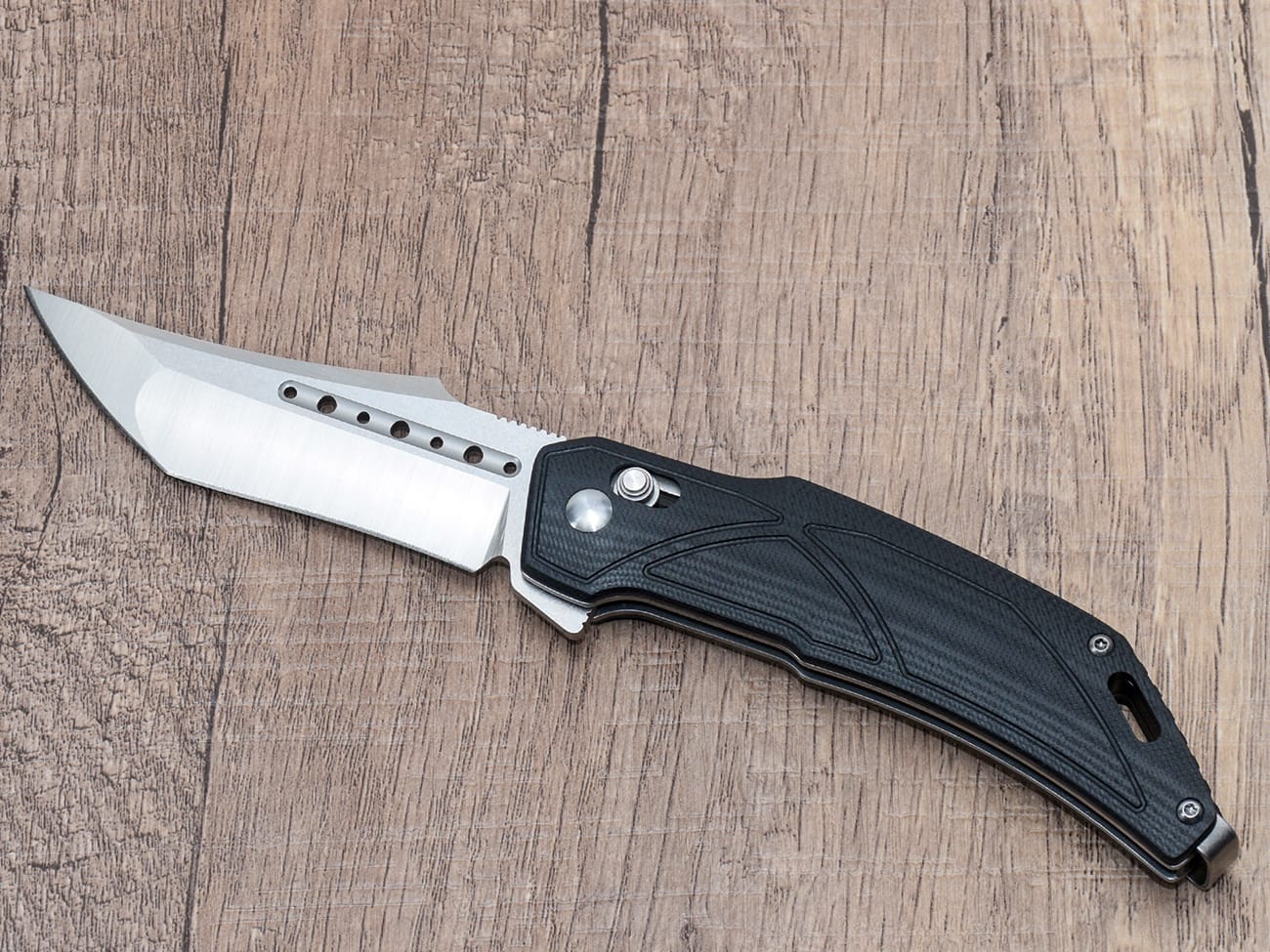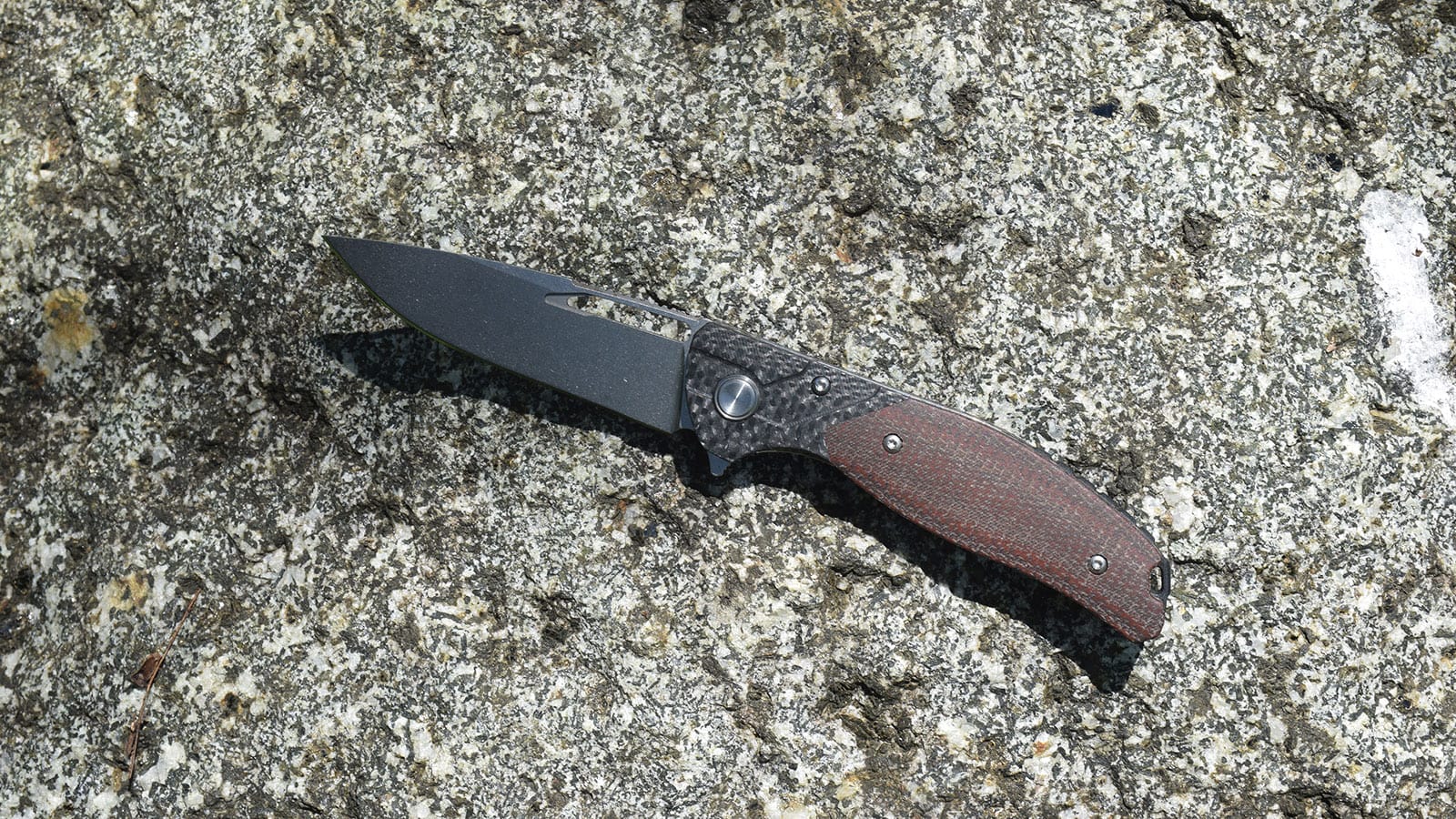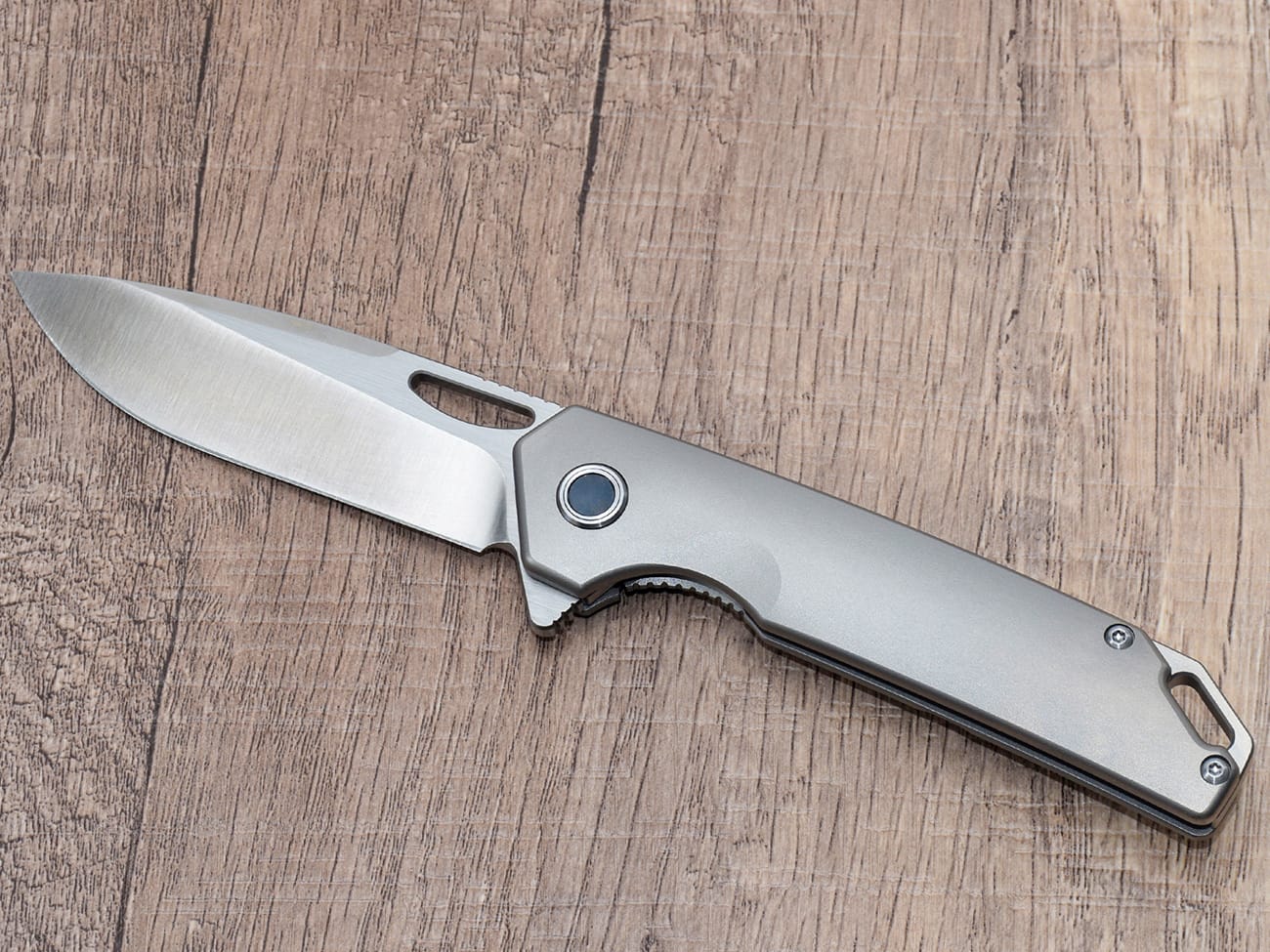Understanding how to properly operate an axis lock knife is essential for both safety and functionality. This comprehensive guide will explore the mechanics of flicking open an axis lock knife, proper techniques, and important safety considerations. Whether you’re new to folding knives or an experienced user, this article will help you master the art of axis lock operation.
What Makes the Axis Lock Unique for Flicking?
The axis lock mechanism features a spring-loaded bar that moves back and forth in a slot machined into both handle scales. This design makes it particularly well-suited for one-handed operation and flicking open. The omega spring provides consistent tension while allowing smooth blade movement when properly disengaged.
Is It Safe to Flick Open an Axis Lock Knife?
When done properly, flicking open an axis lock knife is completely safe. Here are key safety considerations:
- Always maintain proper grip on the handle
- Keep fingers clear of the blade path
- Ensure the lock mechanism is well-maintained
- Practice in a controlled environment first
How to Properly Flick Open an Axis Lock Knife
To flick open an axis lock knife safely:
- Hold the knife firmly by the handle
- Pull back on the axis bar with your thumb
- Use a quick wrist motion to deploy the blade
- Allow the blade to lock into open position

A modern axis lock knife ready for deployment
Common Mistakes When Flicking Open Axis Lock Knives
Several common errors can affect both safety and performance:
- Using excessive force
- Improper grip technique
- Neglecting maintenance
- Ignoring pivot tension
- Incorrect axis bar manipulation
How Does Flicking Affect the Lock Mechanism?
The axis lock is designed to handle dynamic blade deployment. However, consider these factors:
- Spring tension maintenance
- Pivot screw adjustment
- Lock bar wear
- Omega spring longevity
- Overall mechanism stress
What Role Does Pivot Tension Play?
Proper pivot tension is crucial for smooth flicking action:
- Too tight: restricts blade movement
- Too loose: creates blade play
- Just right: allows controlled deployment
Maintaining Your Axis Lock for Optimal Flicking
Regular maintenance ensures reliable operation:
- Clean the lock mechanism regularly
- Lubricate moving parts
- Check pivot tension
- Inspect omega springs
- Monitor lock bar condition
How Does Flicking Compare to Other Opening Methods?
The axis lock allows various opening methods:
| Opening Method | Speed | Control | Wear on Mechanism |
|---|---|---|---|
| Flicking | Fast | Good | Moderate |
| Thumb Stud | Medium | High | Low |
| Two-handed | Slow | Highest | Minimal |
When Should You Not Flick Open an Axis Lock?
Certain situations call for more controlled opening methods:
- When the knife needs maintenance
- If pivot tension is incorrect
- When omega springs feel weak
- In formal or professional settings
- When maximum control is needed
Tips for Mastering the Axis Lock Flick
To become proficient:
- Start slowly and build muscle memory
- Practice proper grip technique
- Maintain consistent pivot tension
- Keep the mechanism clean
- Listen for smooth operation
Key Takeaways:
- Axis lock knives can be safely flicked open with proper technique
- Regular maintenance is essential for reliable operation
- Proper pivot tension is crucial for smooth action
- Practice and patience lead to mastery
- Safety should always be the primary concern
Remember, while flicking open an EDC knife can be fun and practical, always prioritize safe and responsible knife handling.




